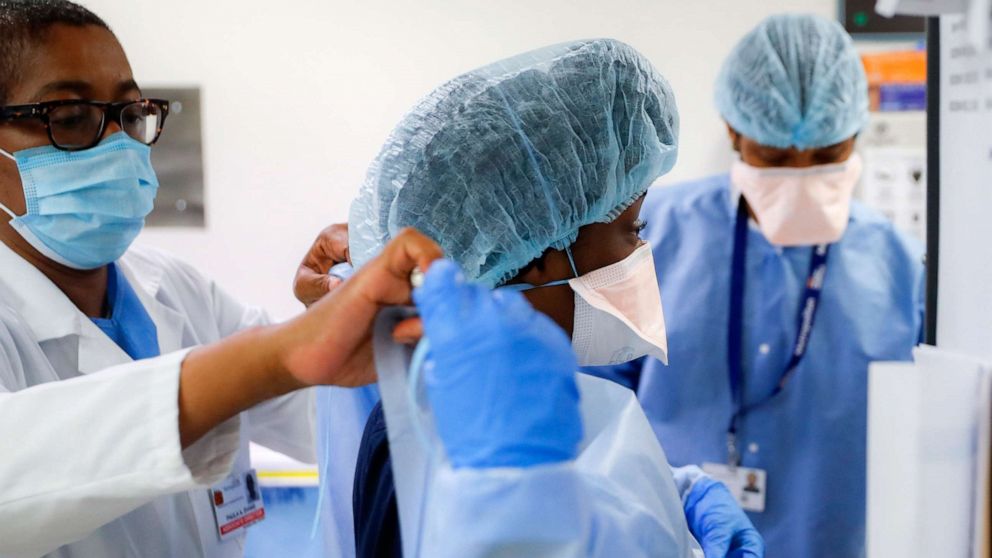
What to know about COVID-19 variants of concern
ABC News
Experts weigh in on what we know now about the delta variant and more.
The Centers for Disease Control and Prevention listed the COVID-19 delta variant as one of its “variants of concern” (VOCs) on June 15. According to the CDC, VOCs can be more contagious, more dangerous, less susceptible to available treatments or harder to detect. The current VOCs all have mutations in the virus’s spike protein, which acts as a key to break into cells to infect them. And that's a potential concern because the spike protein from the original version of the virus is what scientists used to design all three authorized vaccines. It’s also what monoclonal antibody treatments latch on to so the virus can’t get into your cells, effectively “neutralizing” the threat. So far none of these mutations have changed the virus enough to undercut the vaccines. The uncontrolled spread of SARS-CoV-2, the virus that causes COVID-19, means the virus is mutating quickly. That’s why many new variants are being discovered in places with the highest infection rates and large numbers of unvaccinated individuals, like the United States, the United Kingdom, India and Brazil. “Viruses mutate; they change their form all the time,” said ABC News medical contributor, Dr. Simone Wildes, a board-certified infectious disease physician and public health expert at South Shore Health in Weymouth, Massachusetts.More Related News
